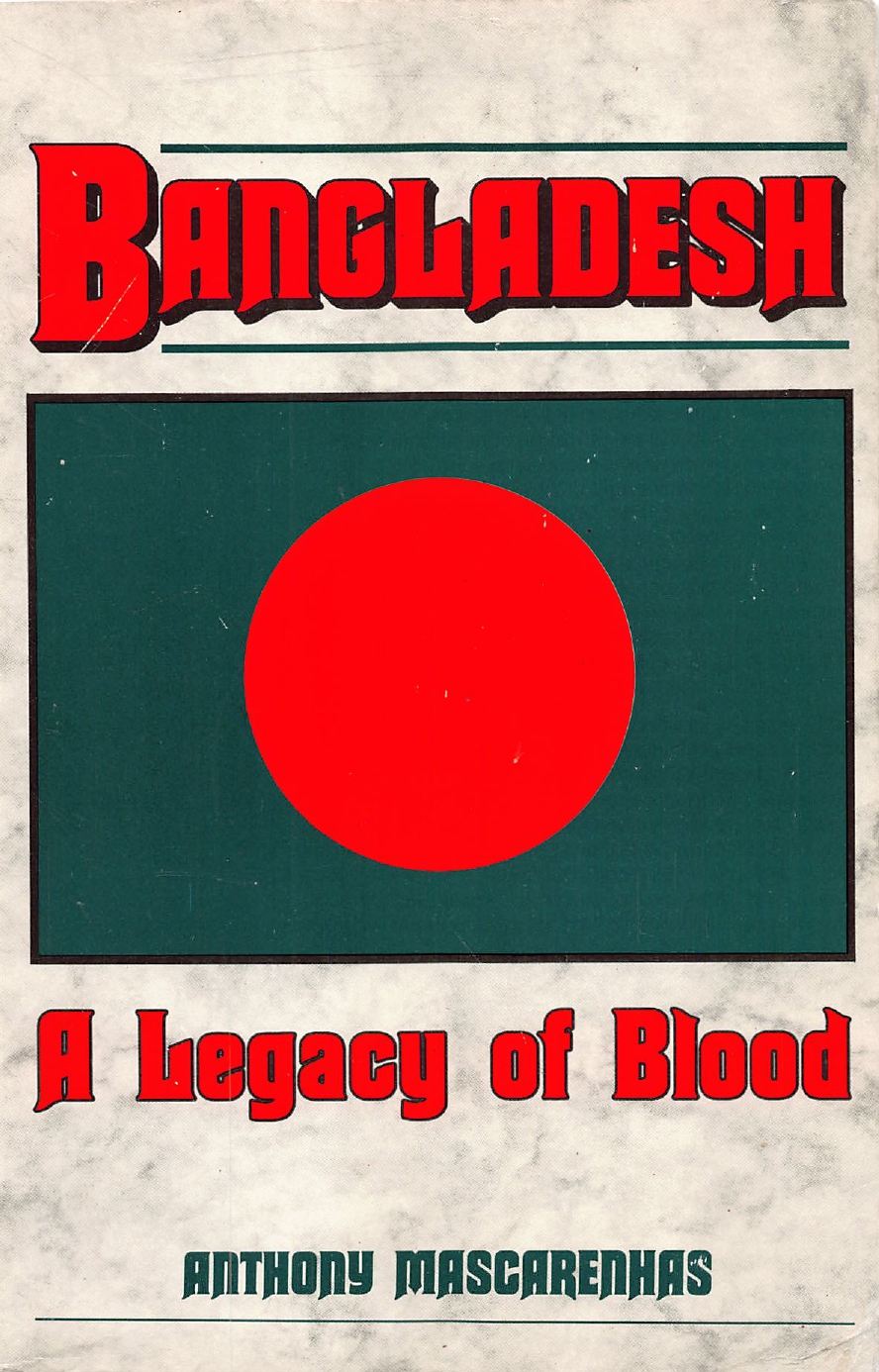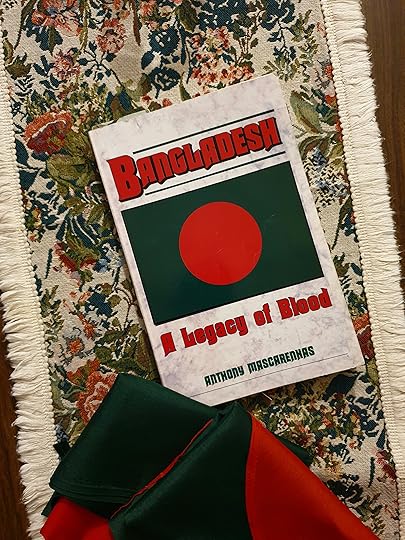What do you think?
Rate this book


192 pages, Paperback
First published January 1, 1986
Shakespeare said: ‘The evil that men do lives after them. The good is oft interred with their bones.’ So it is with Sheikh Mujib and General Ziaur Rahman who by their headstrong acts and selfish ambition left Bangladesh a legacy of blood. In these circumstances the focus of this book inevitably is on the wrong doing. I make no apology for it. The people must know the truth about their leaders; and may we all take lesson from their mistakes.
‘When you play with gentlemen, you play like a gentleman, But when you play with bastards, make sure you play like a bigger bastard. Otherwise you will lose.’ Then he added with a laugh, ‘Don’t forget I have had good teachers.’ It was a startling glimpse of this earthy, gut-fighting politician and the intrigue and the violence to which he was bred. Later, when his star soared and he began to make headlines, I would recall these words and have no difficulty predicting the response he would make to the crisis of the moment.
Soon the dual roles he had undertaken began to show up the folly of the arrangement. As prime minister, Mujib was required to inject harsh discipline into the government, to recreate a country from scratch along orderly lines. Most of all he had to sustain and guide into channels of reconstruction the tremendous patriotic fervour that galvanised the people in 1971. Mujib could do none of these things. As Bangabandhu, the friend and father-figure, Mujib had to be magnanimous, forgiving and helpful. This role was more suited to his nature, for Mujib was large hearted, a kindly man, generous to a fault and one who never forgot a face or a friendship. Mujib did not have the capacity to compartment his hats. Every moment of the day he was simultaneously Prime Minister and Bangabandhu. The contradictions inherent in this situation inevitably led to chaos.
A Yugoslav delegation, conveying greetings from President Tito in January, 1972, exhorted Sheikh Mujib at that time to give those involved in the freedom struggle the central place in the Bangladesh administration. ‘They may be inexperienced and make mistakes,’ the Yugoslav told Mujib, ‘But their hearts are in the right place. They will learn quickly and they will push the country forwards.’
Mujib never fully awakened to the realities of the new dispensation over which he presided. The dramatic events of the nine months preceding the birth of Bangladesh—and all the trauma and patriotic fervour that it generated—would remain a blank spot in his consciousness. He would never fully know it because his vibrant personality had not experienced it. Mujib, after all, was essentially a projectionist, a prism translating light to rainbow. Total isolation in prison had been an obliterating experience. Time stood still for him while the people moved on to a new life and new hope. So when he emerged from the ‘darkness to the light and the sunshine of a million victorious smiles’, Mujib, true to form, continued exactly from where he had left off. He did not have the capacity to catch up, Nor did he try.
Major Rashid, when asked why Mujib was killed and not deposed, replied: ‘There was no other way. He had the capacity for mischief and given the chance he would have turned the tables on us.’
The sycophants needed no encouragement to switch loyalties. They went in droves to the President’s house to fawn on Mushtaque, and any of the Majors they could find. Congratulatory telegrams and letter poured in from everywhere.
Zia would not have succeeded were it not for the remarkable character of the Bangladeshis. However volatile their politics and violent their political changes, Bangladeshis are paradoxically middle-of-the-roaders, eschewing extremism in both religion and politics. What else would explain the persistent eclipse of the left or the rejection of Ayatollah fundamentalism of the right whenever it reared its head? Their basic chemistry is constituted in equal measure of burning nationalism, unobstructive piety in the practice of Islam, and an aggressive sense of equality combined with a penchant for instant outrage when confronted by injustice and wrong-doing in others.
The decision to assume the role of President had grown on him in the same manner that Belal Mohammad’s invitation ‘to say something’ over the radio in 1971 had prompted Zia to switch from an uninvolved spectator to a high-profile role in the freedom movement in the early days of the Pakistan military action.
Six years after Sheikh Mujib’s assassination, the wheel had turned full circle. Ziaur Rahman’s Bangladesh was coming apart at the seams. And Zia, like Mujib, was looking for more draconian extra-constitutional measures to control it.
In Zia’s case the basic problem was his character flaw that would not allow him to let go even a semblance of the overwhelming power he exercised. It made him a prisoner of political convenience, quite unable to create the viable political institutions that alone could have saved him and Bangladesh. And his insanely suspicious nature in the end made no one trust him. In an ironic way General Zia achieved his all-consuming ambition to be President for Life. But it was a short one.
